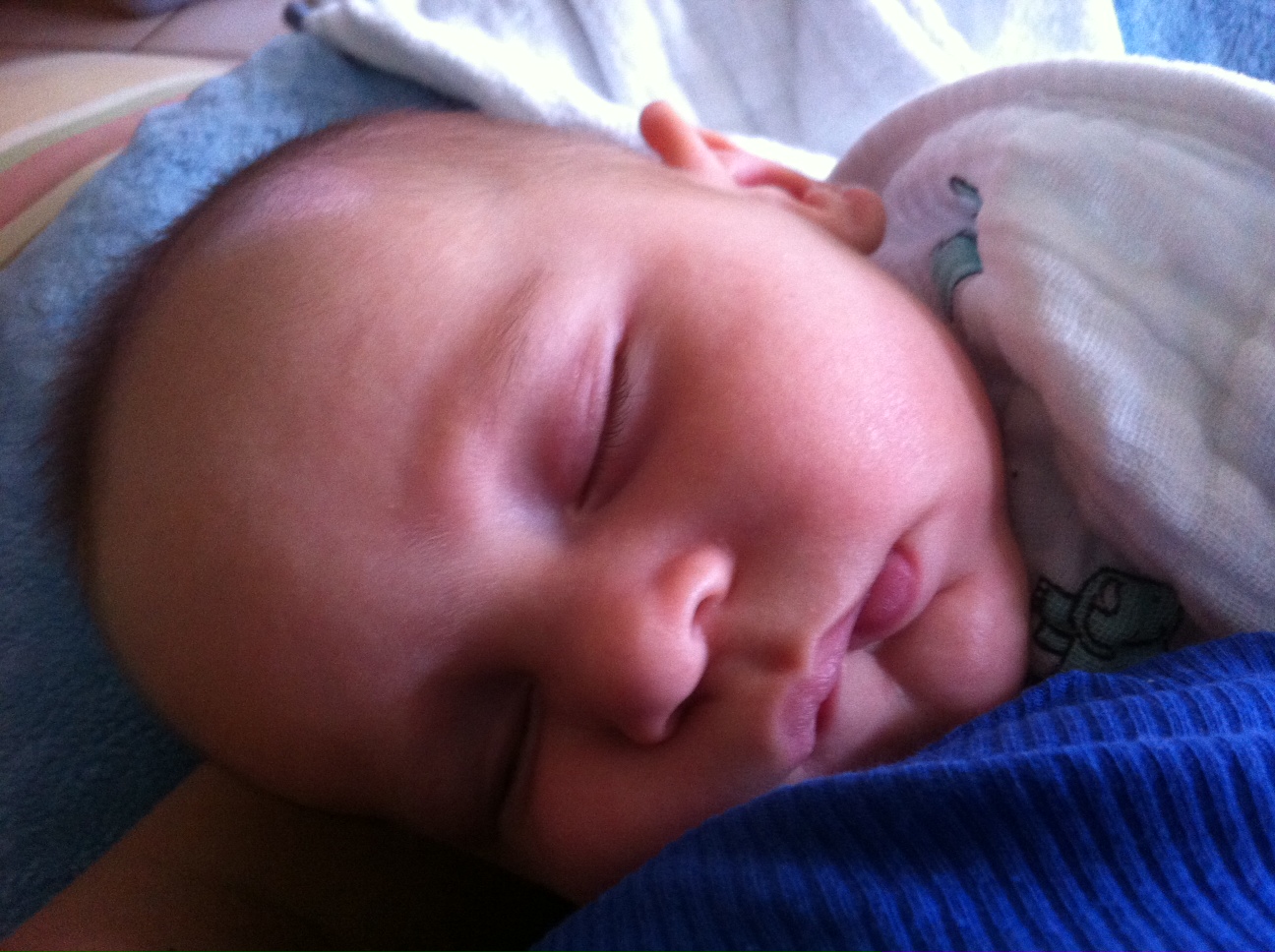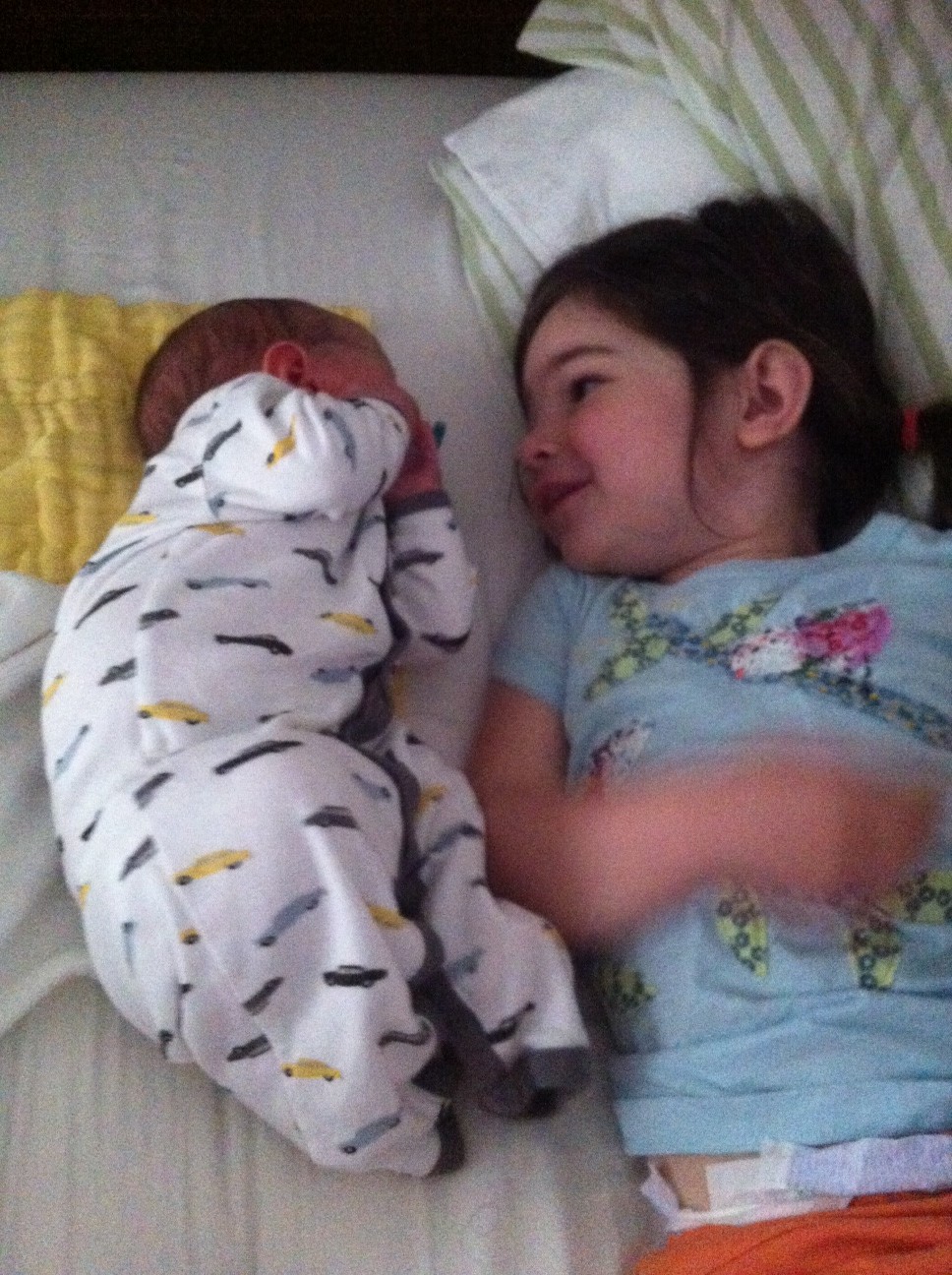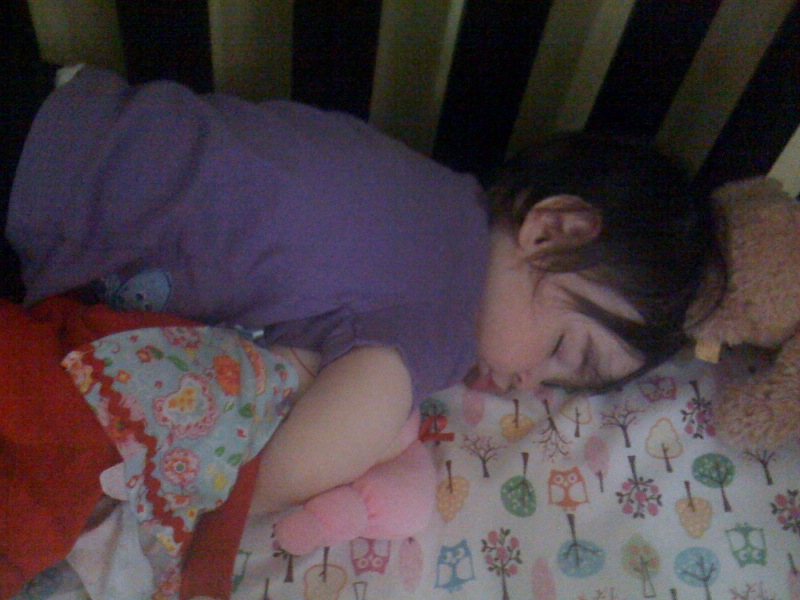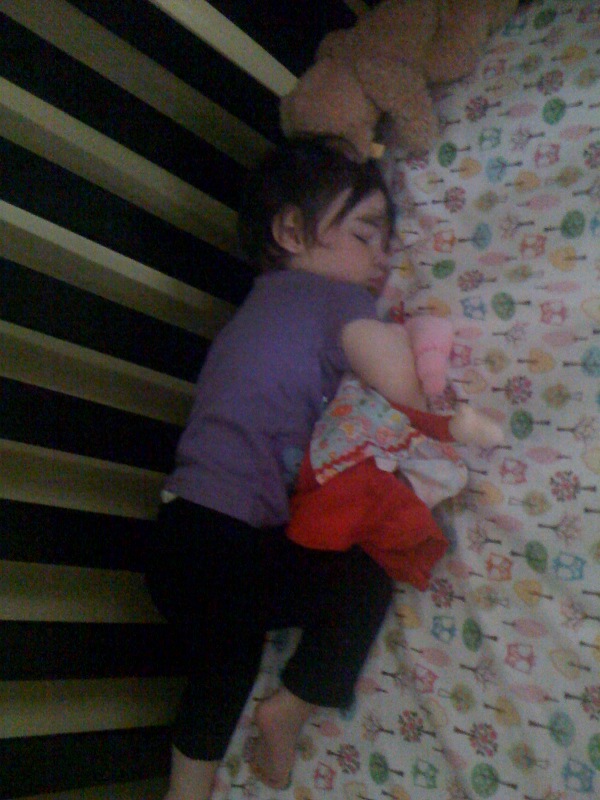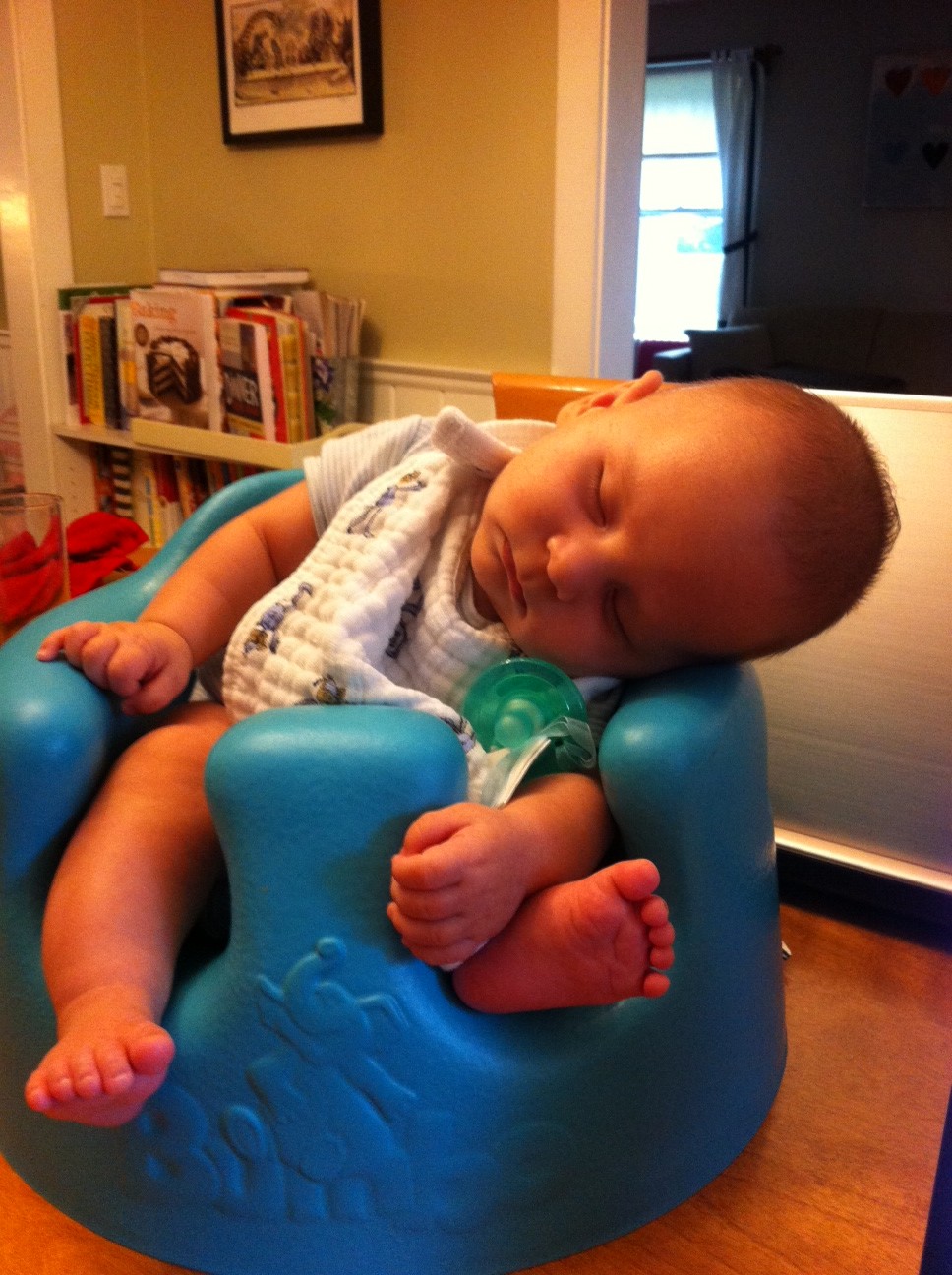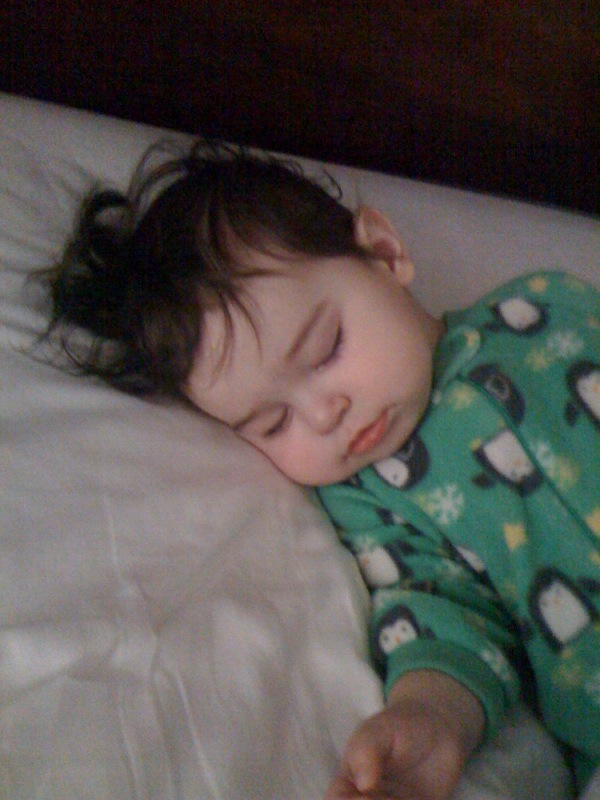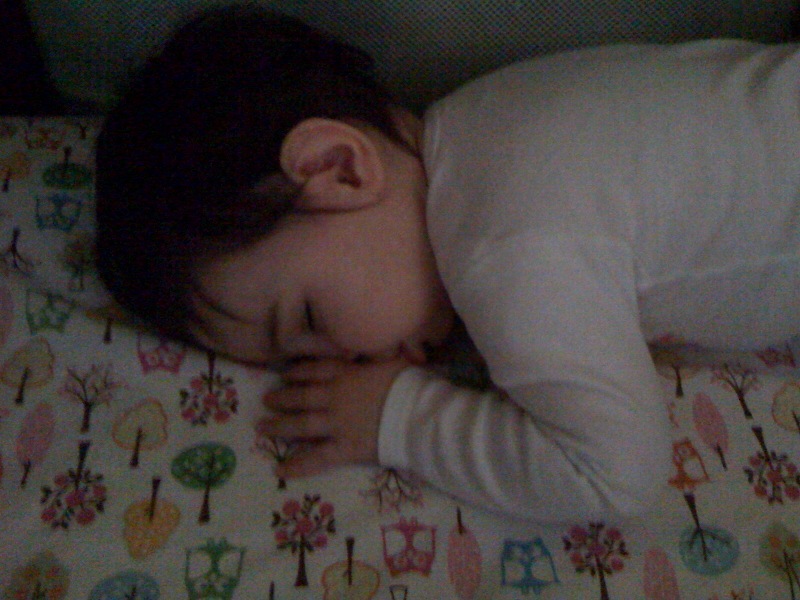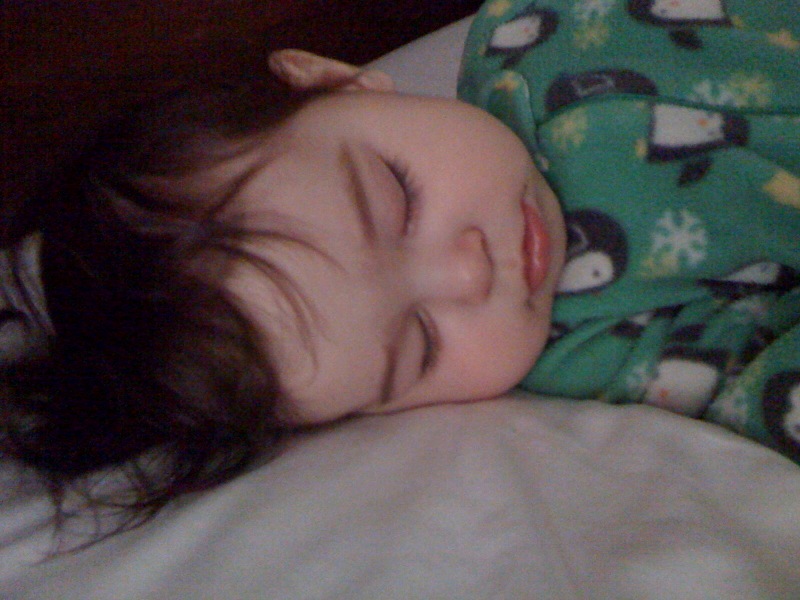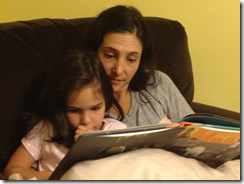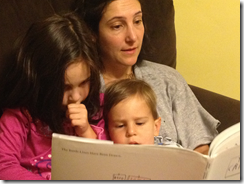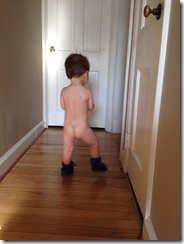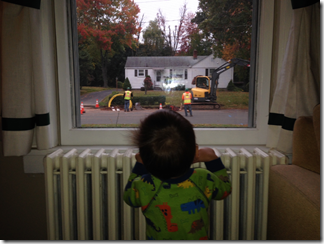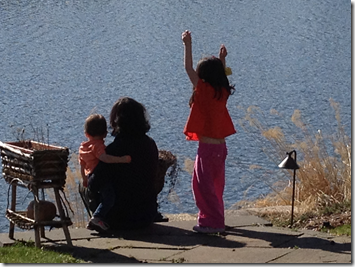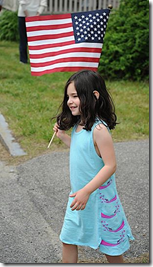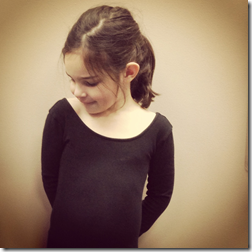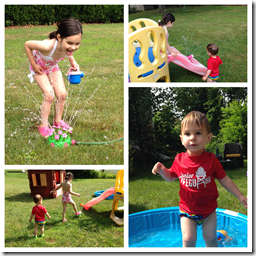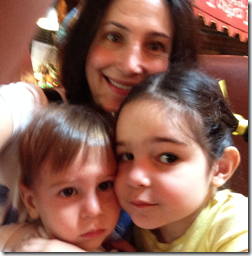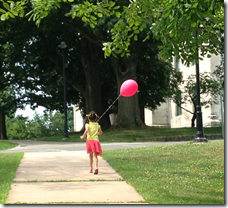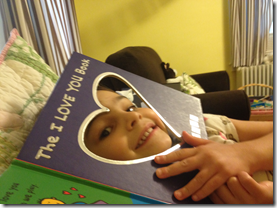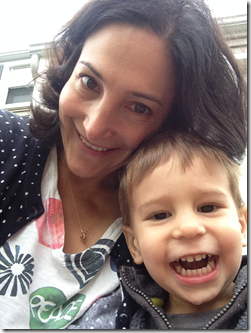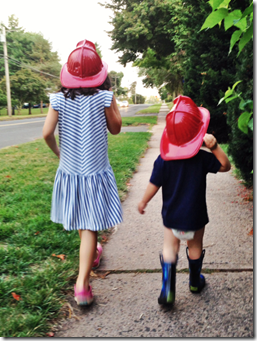Sleeping babies: Less shame. More sleep.
/The American Academy of Pediatrics (AAP) currently advises parents to sleep in the same room (but never in the same bed) as their babies for a year, ideally, but at least for the first six months.
In a new study published in the journal Pediatrics, researchers led by Dr. Ian Paul, professor of pediatrics and public health sciences at Penn State College of Medicine found that at nine months, babies who had slept in their own rooms before they were four months old slept on average 40 minutes more than babies who were still sleeping in their parents’ room at nine months.
Babies who went to their own rooms after four months slept about 26 minutes more. The effects seemed to last, too. Even at 3 years old, the toddlers who slept with their parents for nearly a year were still sleeping less than those who had been moved to their own room earlier.
“This decision in the first year has potential longer term consequences,” says Paul.
I agree. The amount and quality of sleep that a child gets has been closely linked to overall physical and mental heath, attention span, the acquisition of language, learning potential, and much more. Sleep is critical to growth and brain development, and children who sleep more are far more successful in school and life.
40 minutes per night equates to more than four hours of additional sleep per week, and 26 minutes per night equates to more than three hours of sleep per week.
This adds up fast.
And this is coming from someone who doesn't sleep as much as most people, and never did. My mother once told me that there was never a night when she went to sleep when I was already asleep, and there was never a morning when she awoke when I wasn't already awake. She told me, "Except when you were an baby, I never saw you sleep as a child."
Still, I understand the importance of sleep.
My wife and I moved both of our children to their own rooms sometime between the 3-6 month mark. Until then, we had a self-rocking cradle in our bedroom where our children slept every night except for the one night we tried to put our infant daughter in our bed with a co-sleeping apparatus and quickly realized how foolish that decision was.
As important as I think this research is, I think an often unspoken truth is that many, many parents have their children in their own bedrooms, and quite often in their own beds, for years.
I've known many parents who have their children in bed with them every night well past toddlerhood. I've known parents (mostly fathers) who often find themselves sleeping in their children's beds at night as their sons and daughters take their places in their beds. I've known parents who put an additional bed in their bedroom throughout elementary school for their child. I've known many parents whose children have no real bedtime, fall asleep every night to the television, and rarely get the 10-14 hours of sleep that toddlers require.
I've had parents talk to me about this things privately, both as a friend and a teacher.
While these unorthodox sleeping arrangements are (at least according to the research) not good for kids, the real tragedy of the situation is the climate in which parents don't feel like they can speak about this issue openly. While parents have no problem speaking about many issues related to parenting, this one is often seen as taboo.
I'm not entirely sure why. Perhaps it's embarrassing or shameful for the parents. Maybe they don't see any alternative to the sleeping arrangement as it currently exists in their home. Maybe they worry about being judged by friends and family. Quite often the problem originates with the parent's inability to say no to their child or their inability to allow their child to "cry it out" at night. This can result in feelings of guilt or inadequacy, which probably contributes to the silence.
But I suspect that if parents were better able to speak about their struggles to get their child into his or her own bed at night, solutions might be found. At the very least, parents (and children) wouldn't feel the burden of this secret.
These taboos help no one.
A similar problem exists around older children who still wet the bed. Every year we bring our fifth grade class to camp for four days and three night, and every year, I have at least a handful of parents bring this issue to me regarding their child. My first response is always:
"Please know that there are about half a dozen kids who I already know about in this class who also have this problem."
The relief that washes over some of these parents faces is visible. It's hard to think that only your child has this problem, even if the pediatrician says it's more common than anyone realizes. To discover it's true in real life makes it so much easier to talk about. Strip away the taboo, open up a line of communication, and oftentimes I can get the student to talk to me about the issue.
The important part:
There are ways to handle this problem discreetly so that no child misses the opportunity to attend camp for reasons he or she cannot control. After 20 years of taking kids to camp, I know all the tricks.
And I suspect that experienced parents know tricks for getting reticent kids into their own beds on time at night. I suspect that experienced parents have strategies for coping with the challenge of saying no to a child who wants to sleep with you. And I suspect that even if parents are unable to improve their less-than-ideal sleeping arrangements in the home, knowing that other parents deal with the same or similar issues might help parents at least feel a little less alone.
Any or all of this would be a good thing.

